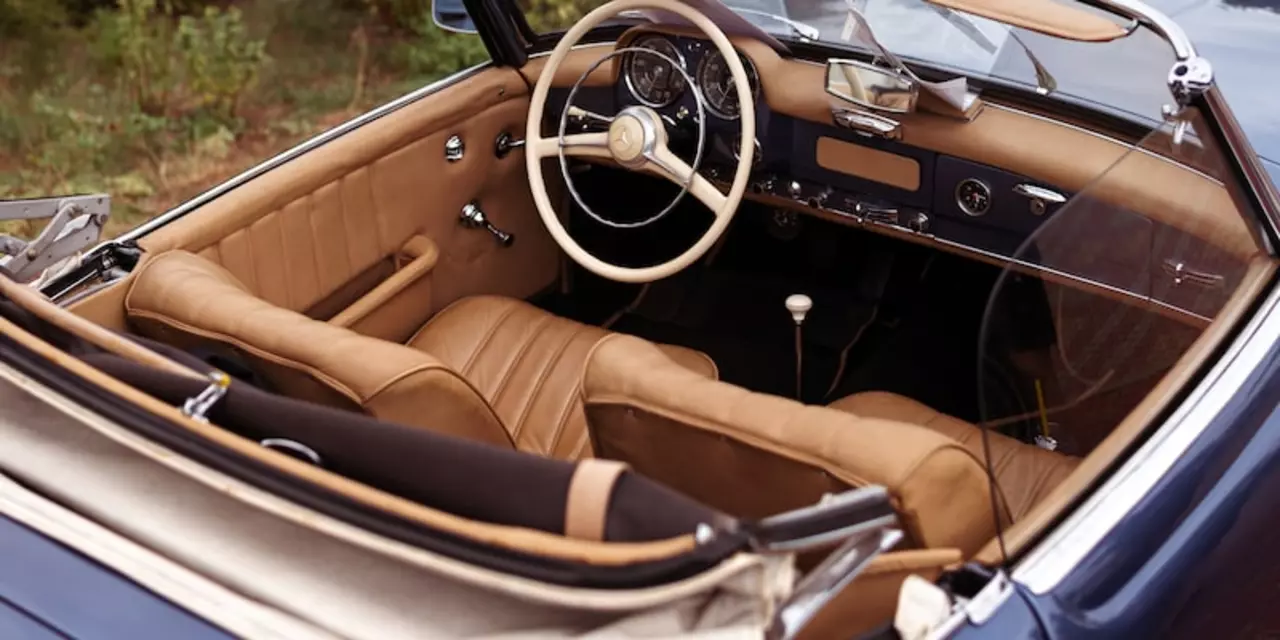Movie Villains: Why the Bad Guys Steal the Show
Ever wonder why you remember the villain more than the hero? Bad guys add tension, give the hero a reason to fight, and often bring the biggest twists. Without a strong antagonist, a movie can feel flat.
What Makes a Villain Tick?
A good villain has clear goals, a backstory that explains their anger, and a personality that clashes with the hero. Think of Darth Vader’s tragic past or Joker’s chaotic mindset – both give us reasons to care, even when we hate them.
Another key is motivation. If a villain wants power just for the sake of it, it can feel cartoonish. But when the motive is relatable, like revenge or protecting loved ones, the audience can understand the conflict, even if they don’t agree.
Types of Movie Villains You’ll Find Everywhere
There are several common villain archetypes. The evil mastermind plans everything from the shadows (think Loki). The brutal enforcer uses sheer force (like Thanos before the snap). The tragic anti‑hero believes they’re doing the right thing (such as Killmonger).
Some films blend these types, creating layered antagonists that surprise you mid‑movie. When a villain evolves, the story stays fresh and keeps viewers guessing.
Spotting a great villain early on can be as easy as listening for a single line of dialogue that hints at their deeper plan. A line like “I will make them pay” often signals a personal vendetta that will drive the plot.
If you’re a budding filmmaker, give your antagonist a distinct look or habit – a scar, a catchphrase, or an unusual hobby. Those little details make them stick in the audience’s mind.
When you watch a new release, ask yourself: What does the villain want? How far are they willing to go? Do they have any redeeming moments? Answering these questions will deepen your viewing experience.
Remember, the best villains aren’t just evil for evil’s sake. They challenge the hero’s values, force tough choices, and often mirror the hero’s own flaws. That mirror effect is why you might find yourself rooting for the bad guy at times.
In summary, movie villains matter because they give stories conflict, stakes, and emotional weight. Whether they’re a mastermind, a brute, or a tragic figure, a well‑crafted antagonist makes any film unforgettable.
Why do movie villains always drive German cars?
- Thomas O'Reilly
- Mar 3 2023
- 0 Comments
This article examines the prevalence of German cars in the movies, and how they are often used to convey a sense of wealth, power, and menace. It looks at how villains in the movies are often seen driving German cars, such as Mercedes, Audi, and BMW. It also discusses how the German car industry has managed to successfully market their vehicles to Hollywood. Finally, the article concludes that villains and German cars have become synonymous in movies, as they are often used to create a sense of fear and danger.
View More